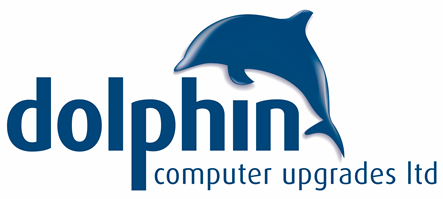Blog Details
- Home
- Computer Viruses – Definition and Types


Same Day Onsite for Kent, London, Sussex, Surrey, Hampshire and Essex
Remote Support throughout UK and International
Pickup and Collect Hardware Repair Service Available throughout the UK
Our Services
Company Address
Address: 57 Newton Road, Hove, East Sussex, BN3 7BD
Phone: 01273 248871
Email: support@dolphinupgrades.com
Recent Blogs
The Top 10 IT Security Concerns for
September 15, 20235 Things a Data Recovery Specialist Can
September 8, 2023Copyright 2023 © Dolphin Computer Upgrades LTD all rights reserved.





Getting a virus on your laptop or desktop could mean that you have malware, worms, spyware, Trojans, ransomware or adware; but what differentiates these tech terms, and what fo they actually mean?
What are Computer Viruses? | Definition & Types
Virus: a computer virus is a type of malicious code or program that will alter the way your computer operates and is designed to spread from one computer to another. It has the potential to cause unexpected or damaging effects, such as harming the system software by corrupting or destroying your data.
Malware: malware is shortened from “malicious software” and is designed to damage and destroy your computer and computer systems. All types of malware are designed to exploit computers at the expense of you, the user and to the benefit of the hackers.
Worms: a computer worm is a subset of malware; it spreads copies of itself from one computer to another and has the ability to replicate itself without any human interaction.
Spyware: spyware is installed on your computer without you being aware and then gathers data from your device and from you and sends it to third parties without your consent.
Trojans: this type of malicious code or software appears like a genuine application or file to trick you. It will deceive you into loading and running the malware on your device. It’s mission is to damage, disrupt, steal, or in general inflict some other harmful action on your data or network.
Ransomware: if you think of typical blackmail, this is ransomware in the modern age. Once installed on your computer, it encrypts your files. The attacker then demands a ransom from you to restore access to your data upon payment. There is, of course, no guarantee that if you pay up your files will be restored.
Adware: AKA advertising supported software, displays unwanted advertisements on your computer. Adware programs will dish out pop-up ads, can change your browser’s homepage, add spyware and just bombard your device with advertisements.
If you suspect you may have some scary stuff lurking on your computer (check out 10 signs your computer has a virus if you are unsure) then the best thing you can do is to turn off your machine and call for help; conversely, the worst thing you can do is pretend it’s not happening and try to carry on regardless.
Recent Posts
Popular Post
Top 10 Challenges Home Computer Users Face
September 22, 2023The Top 10 IT Security Concerns for
September 15, 20235 Things a Data Recovery Specialist Can
September 8, 2023Popular Categories
Popular Tags
Archives